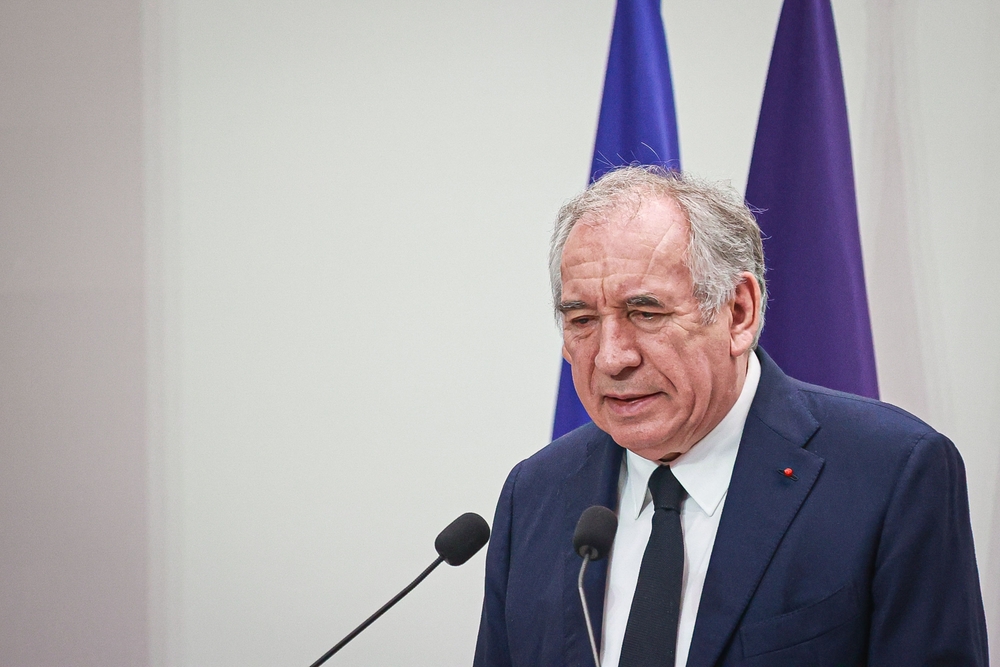Confidence Vote Set for September
France’s minority government under Prime Minister François Bayrou faces collapse next month. On Monday, three major opposition parties announced they would vote against the government in the confidence motion scheduled for September 8. The Socialist Party, whose support is crucial for Bayrou’s survival, ruled out backing him. Party leader Olivier Faure told Le Monde it was “unthinkable” to support Bayrou, later repeating on TF1 that such a move was completely excluded. Both the far-right National Rally and the Greens had already declared their opposition.
Budget Cuts as a Trigger
Bayrou attempted to take the initiative by calling for a confidence vote before debates on the 2026 budget begin. His draft includes €43.8 billion in spending cuts, which he framed as essential to confront France’s worsening financial situation. Following a government address, Bayrou intends to ask parliament for renewed backing for his center-right cabinet.
Strikes and Protests Looming
The left-wing bloc had already prepared a no-confidence motion in response to the austerity measures. Calls for a nationwide strike and mass protests on September 10 have circulated for weeks, though it remains unclear who is coordinating them. With no parliamentary majority, Bayrou’s government has long been seen as vulnerable, particularly during contentious budget debates.
Le Pen Promises to Vote No
Back in July, Bayrou narrowly survived a no-confidence vote brought by the Socialists because Marine Le Pen’s National Rally withheld support. This time, however, Le Pen has confirmed her party will vote against the prime minister.
Debt Crisis and Political Uncertainty
France’s public debt has climbed to 114 percent of GDP, making it one of the most indebted countries in the eurozone. Should Bayrou’s government fall, President Emmanuel Macron could either appoint a new prime minister immediately, ask Bayrou to remain in charge of a caretaker administration, or call fresh elections. Macron previously lost his last head of government, Michel Barnier, to a budget-related no-confidence vote in late 2024—after barely three months in office.

